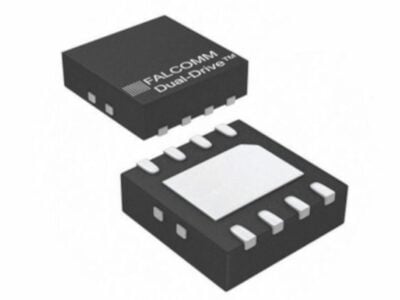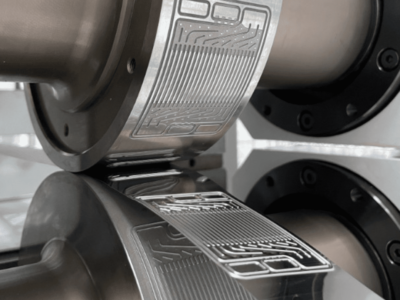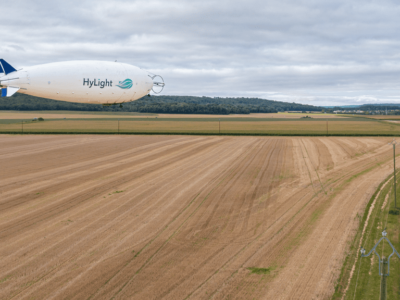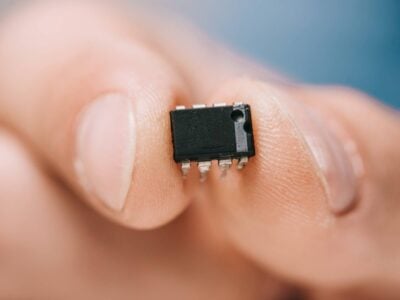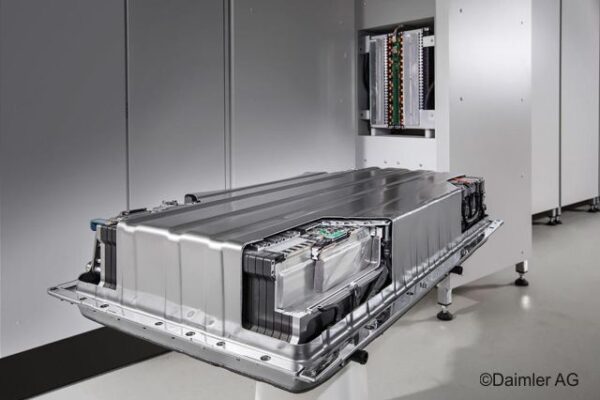
Fraunhofer to perfect battery recycling
The joint project “AutoBatRec2020”, coordinated by the IWKS project group for resource cycles and resource strategy of the Fraunhofer Institute for Silicate Research ISC, looks at the entire battery recycling chain, starting with the collection of used batteries, through the various processes for separating batteries, to the processing of battery materials and their reuse in new batteries. The aim is to evaluate the individual processes with regard to their efficiency and profitability as well as their sustainability and to build up an economically interesting value chain through intelligent combination and further development – so that the end-of-life management of traction batteries is developing in the direction of environmental services and sustainability.
The first challenge lies in the collection of old batteries in view of the expected growth in electric vehicles. A reliable and expandable solution must be found for the large quantities that are then constantly produced. Important topics in the work programme of the AutoBatRec2020 consortium are therefore new collection and transport concepts.
A particularly important component of recycling are automated dismantling processes, which should be significantly faster than the manual dismantling of the large traction battery systems used to date. The recovery itself also offers various optimization options. In addition to mechanical processes such as shredding, new processes such as electro-hydraulic shredding, which in combination with advanced sorting technology enable the recovery of a wide variety of battery materials by type, are also being investigated.

and such are the recycling processes.
Advantages of the processes are analysed and evaluated in combination with established metallurgical processes that can extract elementary metallic components on a large scale from the used batteries. “In addition, we are developing concepts for the reuse of entire battery components – not just the material components – e.g. for stationary applications in order to enable efficient and profitable material cycles,” explains Andreas Bittner, Head of New Business Development at the Fraunhofer ISC.
Another major challenge for the project partners is the variety of different battery systems on the market. The structure, condition and raw material content of the used batteries differ significantly. Information on this is only incomplete, if available at all. This is one of the reasons why dismantling involves risks. The large number of formats and cell structures also complicates the desired automation of recycling. This is compounded by the fact that work is sometimes required in the high-voltage range, and in the case of damaged batteries, contact with flammable and harmful components can occur. The aim here is to develop new holistic concepts in order to further reduce all these risks or to identify and eliminate these and other risks as completely as possible by analysing the possibilities along the entire chain.
Solutions for intelligent design for recycling will also be developed in order to make even more efficient use of recycling possibilities in the future.
Related articles:
Recycling used lithium-ion cathodes to make new batteries
Recycling EV batteries for home storage ‘nonsensical,’ says report
 If you enjoyed this article, you will like the following ones: don't miss them by subscribing to :
eeNews on Google News
If you enjoyed this article, you will like the following ones: don't miss them by subscribing to :
eeNews on Google News

